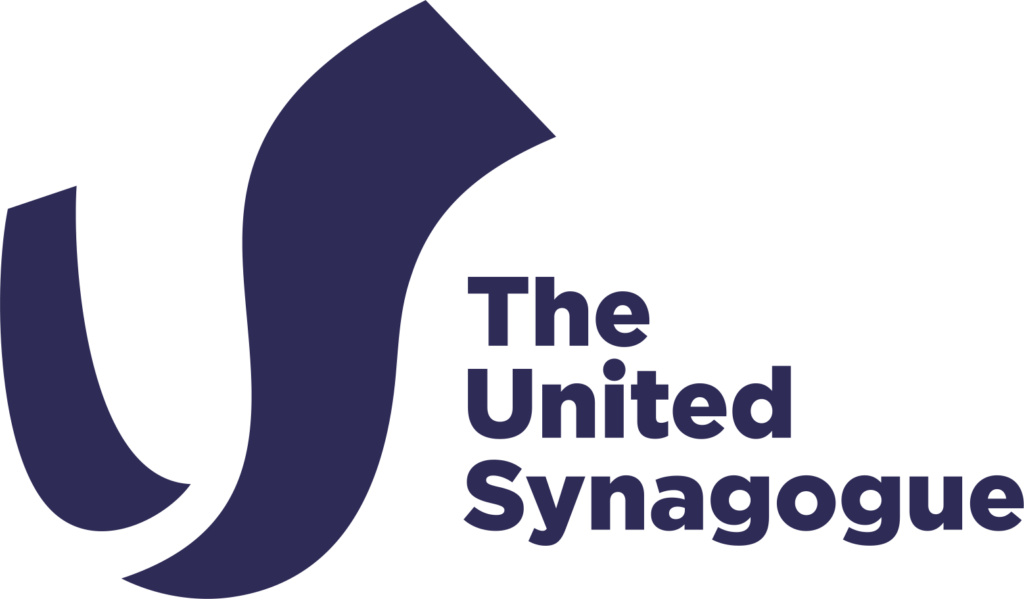Judges and officers must be appointed in all cities. Judges must endeavour to avoid showing favour to any party in a court case. One may not erect even a single stone for worship, even to worship God. It is forbidden to bring a blemished animal as an offering. Idol worship is subject to capital punishment. If a halachic question or dispute cannot be resolved by local courts, the case should be taken to the Kohanim in the Temple.
When the nation comes into the Land, they have the right to request a king. That king has to be appointed by God (through a prophet) and must be Jewish. The king must not return the people to Egypt in order for him to acquire horses (where many were available and a symbol of prestige). He must also avoid having multiple wives and amassing too much wealth. He is obligated to have his own Sefer Torah, from which he must read daily.
The tribe of Levi did not get a portion in the Land, unlike the other tribes. However, the Kohanim were to be given parts of certain Temple offerings to eat. They were also to receive the first tithe of the produce of fruits grown in the Land (terumah gedolah), as well as the first shearing of the flock (reishit ha’gez).
The Kohanim were to be split into different groups, who will rotate performing duties in the Temple. The right to eat designated parts of regular offerings is reserved for whichever group of Kohanim is serving in the Temple that week. After coming into the Land, the nation must avoid the ways of the Cana’anite nations, especially their various forms of witchcraft, divinations and sorcery.
Moshe told the people that they will have prophets who will guide them and convey God’s messages. A prophet’s legitimacy will be tested by whether his prophecies materialise or not. Moshe gave instructions regarding the establishment of three cities of refuge (in addition to the three on the east bank of the Jordan River – see Devarim 4:41-43). These cities are to provide refuge for a person who has killed accidentally and is fleeing from the relatives of the deceased. Instructions were given about what constitutes ‘accidental’ and how the community must try to protect the accidental killer from those who are pursuing him.
One must not tamper with someone else’s land boundary. Court cases are determined by the testimony of a minimum of two witnesses. The laws of conspiring witnesses are detailed, in which a second set of witnesses accuses the first set of having been unqualified to give their testimony, since they could not have been at the scene of the incident, due to their being elsewhere. When the nation goes out to war, they must not fear the enemy, however mighty they may seem. Before battle commences, a Kohen is to encourage the people, reminding them that God is protecting them. Certain people are sent home from the battlefield before war commences.
Before the nation goes to war, it must offer its enemy the opportunity to make peace. However, in the initial conquest of the Land from the Cana’anite nations, their cities and inhabitants must be destroyed. If a body is found between two cities and it is unclear who is responsible for the death, the elders of the city nearest to the location of the body must take a heifer and behead it in a valley, after which the Kohanim will ask God for atonement on behalf of the elders.

